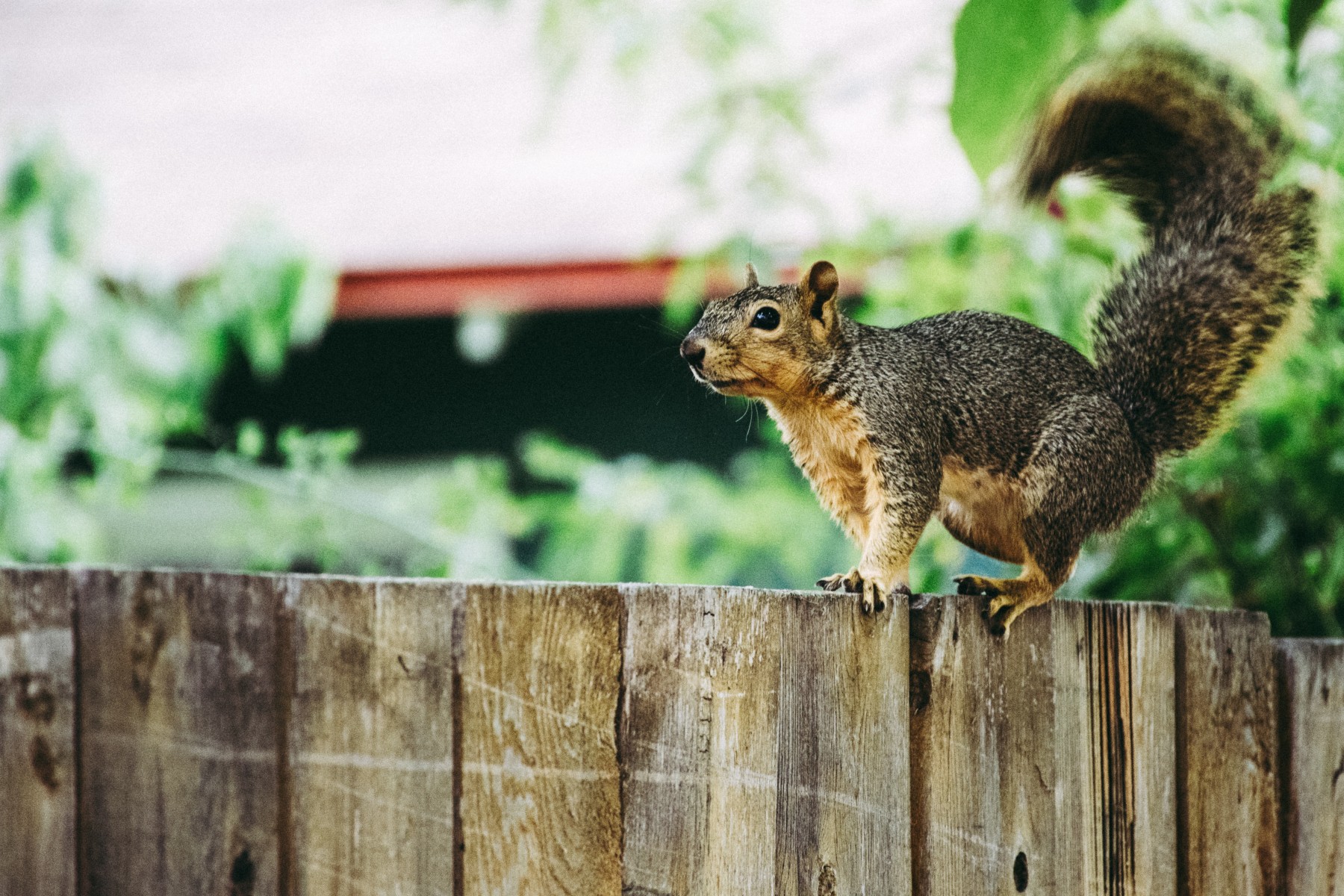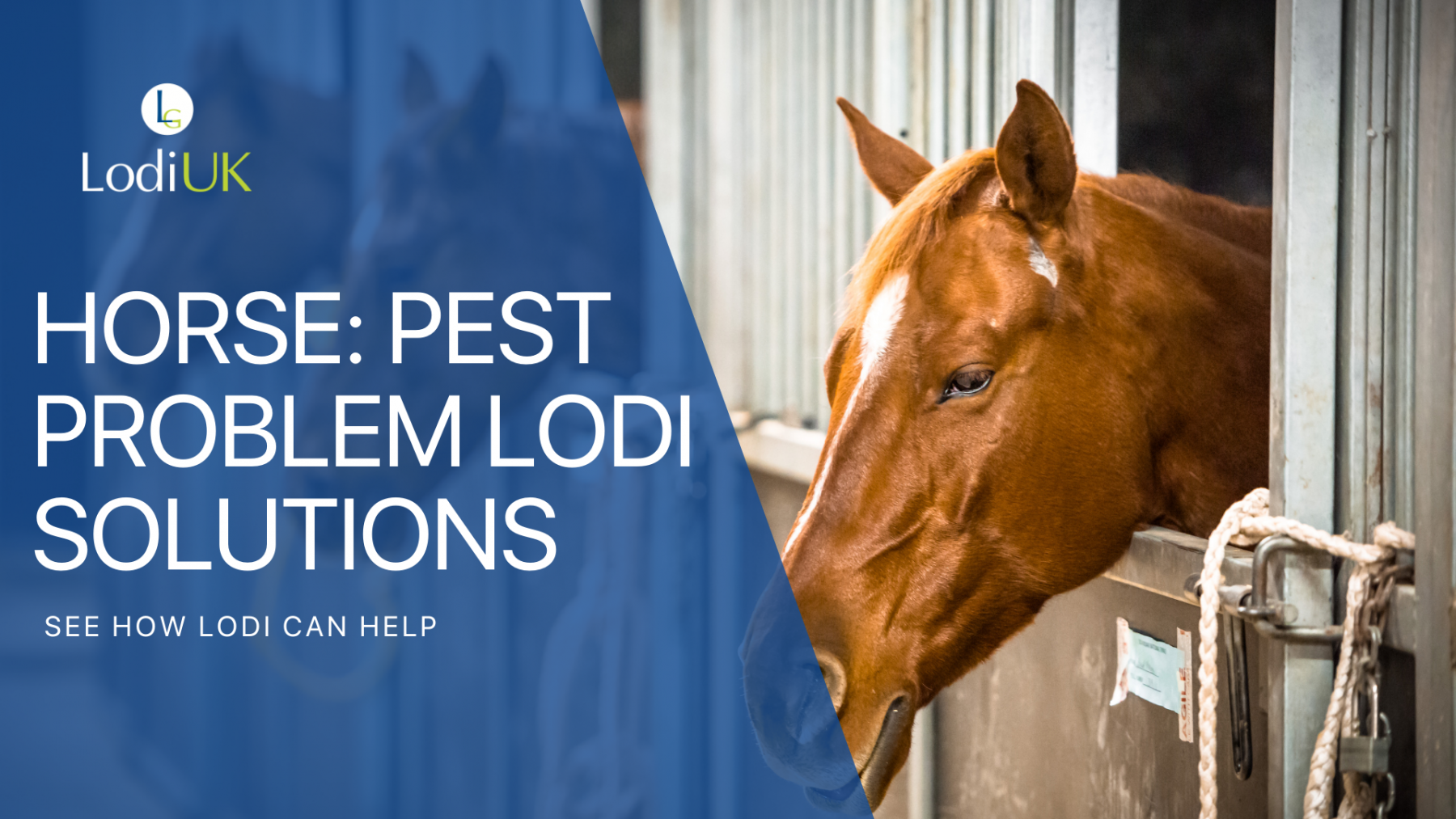
What are grey squirrels?
Grey squirrels (Sciurus carolinensis) are a well-loved symbol of the British countryside. Their grey coat, bushy tail and playful antics have made them a firm favourite with adults and children alike. They were even the star of the Beatrix Potter book ‘The Tale of Timmy Tiptoes’.
However, grey squirrels are not native to the UK. They’re fairly recent additions to our shores. Grey squirrels first came to the UK as pets from North America in the 1800s. The first verified release of grey squirrels was in 1876 in Henbury Park in Chesire as their owner stopped wanting to keep them as pets. They continued to be released into the wild for the next 50 years. By the 1930s, they were established throughout the southeast and had begun making their way up into Warwickshire. Just 60 years later, they were common throughout the whole British Isles.
The huge increase in population and range of the grey squirrel has sadly meant a decline in our native red squirrel. The red squirrel (Sciurus vulgaris) has existed in the UK for around 10,000 years. Although they used to be common all over the UK, they are now mainly found in northern England, Scotland, the Isle of Wight and parts of Wales. It’s estimated that there are now only 140,000 red squirrels – and 2.5 million greys!
For more information on other non-native species, click here.
Why you should try to keep them out of your property?

Anyone who has tried to feed birds in their garden will have seen a cheeky grey squirrel come along to try and steal the nuts and seeds. It’s not recommended to feed birds from the ground as this may encourage rats. Squirrel-proof bird feeders are a good option, but they can be expensive and some work better than others.
Gardeners should control grey squirrels as they can have a serious impact on gardens. Their bark stripping can kill trees, especially before the trees reach 40 years of age. A study in 2000 found that 100% of sycamore, 66% of beech, 30% of oak and sweet chestnut trees had squirrel damage. They’ve even been known to dig up plant bulbs, which might explain why your flower borders have gaps in!
As well as damaging plants, squirrels eat songbird chicks and eggs. British songbird numbers have decreased by over 20% since 1966 so it is vital that we work to protect them for future generations. A study by the Game Conservancy and Wildlife Trust found that fledging rates were reduced by 15% when grey squirrels were present.
Squirrels can cause damage inside homes. They usually enter through roof space and may expand any gaps to get inside. These entrance points allow other pests, like mice or birds to enter. As the winter approaches and they look for nesting materials, they may tear up the insulation or any paper that may be stored in the loft. As squirrels are rodents, their front teeth never stop growing so they are compelled to gnaw. By gnawing on woodwork, like wooden beams, grey squirrels can weaken the structure of the building which can cost a lot of money to put right.
How can you keep grey squirrels out of your home and garden?
Racan Anti-Rodent Sealant has been designed to keep rats and mice out of buildings but it is equally as effective against squirrels. An award winning product containing metal shavings to prevent pests from chewing. Non-toxic and poison free. Seals joints, cracks, seams and holes.
The Racan Solar Sonic Animal Repeller will humanely repel squirrels from your garden. The infrared sensor sweeps the area 24 hours a day. Any motion triggers the flashing lights and the speaker which emits ultrasound at a frequency between 12.5-25kHz to scare away the intruder. It also 3 bionic sounds (gun, eagle and dog).
Anti-Rodent Spray can be used to protect electrical cables from rats, mice and squirrels. The spray contains a formulated vaporised solution that forms a protective film once sprayed. It is effective for up to 6 months.
There's also the Racan Squirrel + Rabbit Trap a traditional style cage, easy to assemble, space saving, flat pack design. Re-usable with no poison required for the humane trapping of rabbits, squirrels and similar sized pests. The entrance is quickly sprung closed when the intruder takes the bait. Safely trapping it inside.





